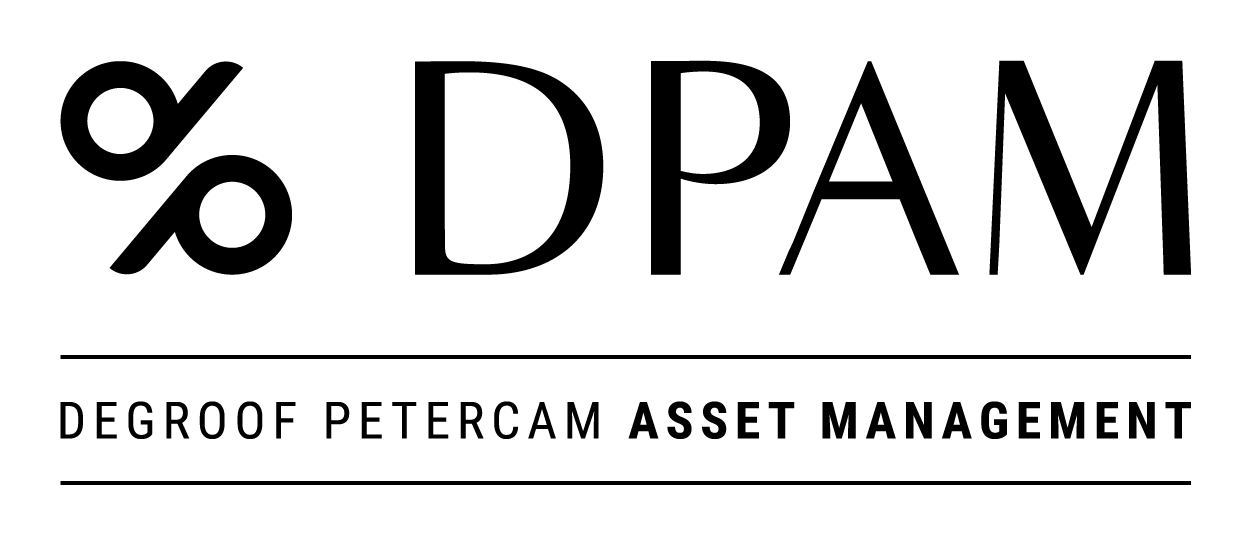From guided QE to blunt traditional policy and back?
The statement that developed market (DM) central banks staged a volte-face in monetary policy over the past 12 months is not an exaggeration. The question that pops up is weather a frontloaded use of the blunt policy rate instrument will be effective in bringing inflation back towards target over the short-term? The answer is ‘yes’. Base effects, a mild European winter, near fully-adjusted and balanced demand/supply conditions across goods (basic and technology) markets render the outlook promising. US service is inflation is slowing. EU will follow. Across the US and the EU inflation prints will adjust forcefully over the next 6 to 9 months.
One question remains: “Can central banks keep inflation around the targeted level of 2.00% over the long term?” A peculiar shift has taken place since early 2022. A central bank policy based on forward guidance & QE interventionism was abandoned and replaced by a blunt and traditional hiking cycle. Destroying aggregate demand in order to quell inflation was the path forward. Fact is, however, that the inflation acceleration is exogenous in nature and rooted in cost-push channels across energy, food, microchips… On top, global trade channels are concentrated among countries, exacerbating the inflation upshot. So, supply got disrupted… central banks that want to crush demand is a poor policy response as potential collateral damage might be high across production capacity and potential growth.
Over the following 6 months, central banks will play the last innings of respective hiking plays. But let’s repeat, the impact is highly uncertain. Market commentators have mixed assessments on the lags of monetary tightening on labour markets. The masses of retiring baby boomers, an important cohort of people taking a pause (the big resignation) next to a stubborn skill mismatch has led to persistent, tight labour conditions. Yet, a ketchup bottle effect might be in the making: i.e. companies reacting forcefully as redundancy rounds increase in numbers and size across sectors. The labour market dynamic might take a turn for the worse.
Inflation worries are replaced by growth worries. Will emerging market (EM) economies come to the rescue? Deflation headwinds could appear over 2024 and beyond. Moreover, the blunt impact of the current tight financial conditions will damage the energy transition objectives set by DM governments. The increased cost of capital is delaying energy efficiency strategies. It also increases the burden across fiscal policies that become constraints in their support of public investment programs across mobility, green technology and sustainable infrastructure.
We take note of an increased risk for a carbon ‘lock-in’. Initially, sustainable technologies exhibit higher capital intensity than known fossil-based technologies. This risk grows as a polycrisis environment, where current risks (cost of living, natural disasters, geoeconomics confrontation…) intersect with emerging crises (failure to mitigate & adapt to climate change, large-scale involuntary migration…), is conducive to allowing ‘old and known ways of production and consumption’ to prevail.
In their paper ‘Beyond normal central banking? Monetary policy after the pandemic’ (Working Paper 2022.19 European Trade Union Institute), two researchers at the Ghent University – Hielke Van Doorslaer and Mattias Vermeiren – eloquently conclude that the ECB and the FED should step away from damaging the overall productive capacity by indiscriminately raising policy rate in order to anchor inflation expectations. Instead, the authors call for credit guidance providing targeted and preferential funding treatment (through the banking channel) to corporate and government initiatives, projects that support the green transition.
Effectively, it’s kind of odd to see how the ECB for example steered away from a set of highly interventionist and targeted policies impacting the banking sector (TLTRO), the corporate sector (CSPP) and the public sector (PSPP). ECB (and FED) inflation fighting credibility is not at risk as we observe normalised, on target, market-based longer-term inflation expectations. Why push the envelope and risk recessionary conditions that might persist in a polycrisis ecosystem?
Central banking maintains an aura of mystic. Yet, the trial-and-error approach witnessed over the past three years bears attention. As the reaction to the outbreak of the pandemic was outsized, clearly the current policy rate tightening zeal might also be outsized. Watch out before we break something.

